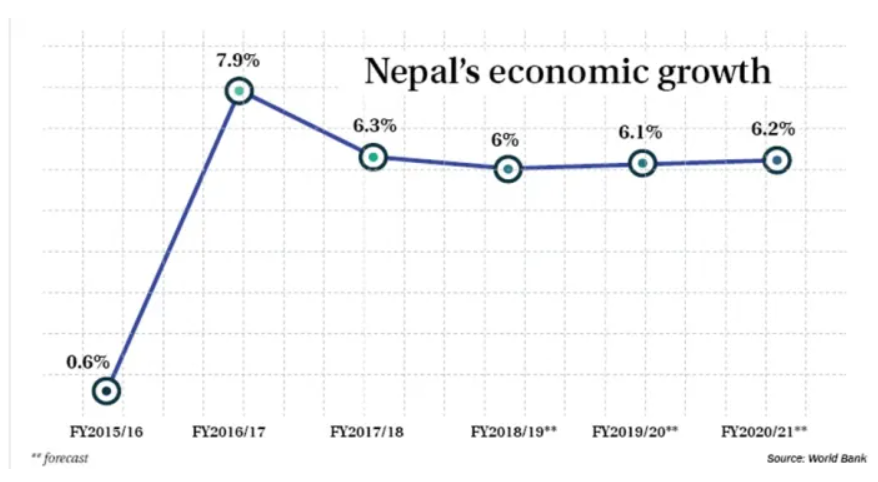How to write a good eassy ? – “भाषा प्रवीणता परीक्षा विशेष”

Writing a good essay involves several key steps and considerations. Here’s a step-by-step guide on how to write a good essay:
- Understand the Assignment: Before you begin, make sure you fully understand the essay prompt or assignment. Pay attention to the topic, length, formatting requirements, and any specific instructions.
- Choose a Topic: If the topic is not provided, select a topic that interests you and is relevant to the assignment. Ensure the topic is specific and manageable in the scope of your essay.
- Research and Gather Information: If your essay requires research, collect relevant information from reputable sources such as books, articles, scholarly journals, and credible websites. Take notes and document your sources for citation.
- Create a Thesis Statement: Develop a clear and concise thesis statement that presents the main argument or idea of your essay. Your thesis will guide the entire essay.
- Outline Your Essay: Create an outline that includes the introduction, body paragraphs, and conclusion. The outline will help you organize your thoughts and maintain a logical structure.
- Write the Introduction:
- Begin with a hook to grab the reader’s attention. This could be a question, a quotation, a surprising fact, or a brief anecdote.
- Provide context for your topic, setting the stage for the thesis statement.
- State your thesis clearly, outlining the main points you will discuss in the essay.
- Write the Body Paragraphs:
- Start each body paragraph with a clear topic sentence that relates to your thesis.
- Provide evidence, examples, or arguments to support your topic sentence.
- Include analysis and interpretation of the evidence, explaining how it relates to your thesis.
- Ensure that each paragraph flows logically to the next, using transitions as needed.
- Address Counterarguments: Acknowledge potential counterarguments or opposing viewpoints, and either refute them with evidence or explain their relevance to your argument.
- Write the Conclusion:
- Restate your thesis and the main points you’ve made in the essay.
- Summarize the key takeaways for the reader.
- End with a thought-provoking statement, a call to action, or a broader perspective on the topic.
- Revise and Edit:
- Review your essay for clarity, coherence, and organization. Ensure each paragraph contributes to the overall argument.
- Check for grammar, spelling, and punctuation errors. Use grammar-checking tools if available.
- Eliminate unnecessary words and phrases to make your writing more concise.
- Read your essay aloud to identify awkward or unclear sentences.
- Peer Review: If possible, have a peer or teacher review your essay for feedback and suggestions. Another perspective can help you identify areas for improvement.
- Cite Sources: If your essay includes research or references to external sources, make sure to properly cite them using the appropriate citation style (e.g., MLA, APA, Chicago).
- Final Proofread: After incorporating feedback and making revisions, perform a final proofread to catch any remaining errors.
- Format Your Essay: Follow the formatting guidelines provided in the assignment, including margins, font size, and citation style.
- Title and Reference Page: Include a title page and, if required, a reference page with a list of sources used.
- Submission: Submit your essay according to the assignment instructions, either in print or electronically.
Remember that writing a good essay takes practice and continuous improvement. Pay attention to your writing process, seek feedback, and revise your work to develop your skills and produce better essays over time.




